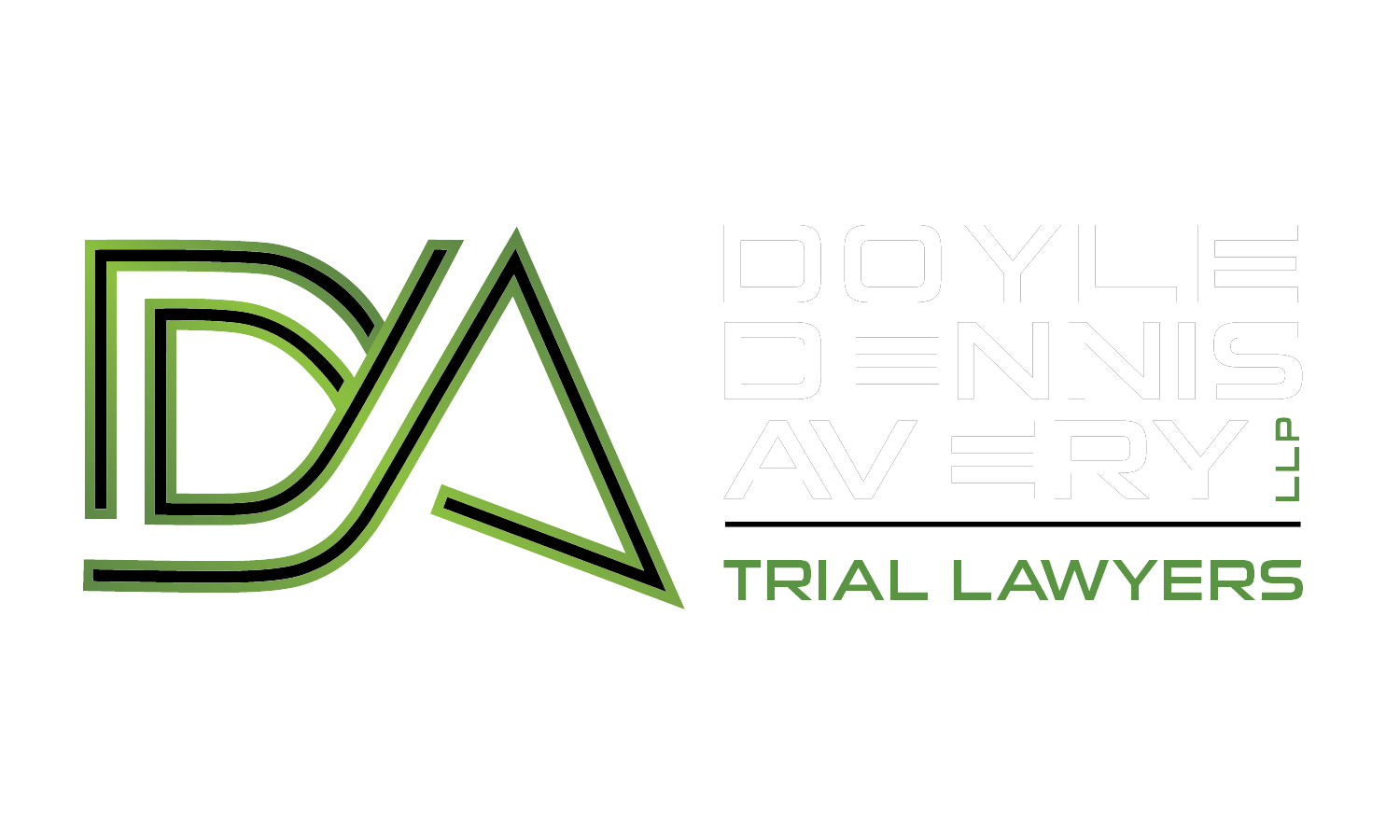Railroad Retaliation
Doyle Dennis Avery LLP represented railroad workers who have been retaliated against or terminated beaus they suffered an on-the-job injury, reported that injury, or filed a personal injury claim under the Federal Employers Liability Act.
What qualifies under FELA?
In order to recover under FELA, a plaintiff must prove that (1) defendant is a common carrier by railroad, engaged in interstate commerce; (2) he was employed by the defendant with duties advancing such commerce; (3) his injuries were sustained while he was so employed; and (4) the defendant’s negligence caused his injuries. 45 U.S.C. §51; Weaver v. Missouri Pac. R.R. Co., 152 F.3d 427, 428 (5th Cir. 1998).
Courts have defined “common carrier by railroad” as “one who operates a railroad as a means of carrying for the public, — that is to say, a railroad company acting as a common carrier.” Edwards v. Pacific Fruit Express Co., 390 U.S. 538, 540 (1968). Courts have further clarified that a common carrier must “hold[] himself out to the public as engaged in the business of transportation of persons or property from place to place for compensation, offering his services to the public generally.” Kieronski v. Wyandotte Terminal R.R., 806 F.2d 107, 108 (6th Cir.1986).
Who may be liable under for wrongful termination FRSA?
An employee who has been wrongfully terminated or retaliated against my seek damages against the retaliating Railroad who have violated the FRSA.
Which railroad on-the-job injuries are protected
Under the FRSA, a railroad employee is protected for (1) notifying, or attempt to notify, the railroad carrier or the Secretary of Transportation of a work-related personal injury or work-related illness of an employee; (2) furnishing information to investigative governmental entities regarding the facts relating to any accident or incident resulting in injury or death to an individual or damage to property occurring in connection with railroad transportation; (3) denying, delaying, or interfering with the medical or first aid treatment of an employee who is injured during the course of employment; and (4)d disciplining, or threatening discipline to, an employee for requesting medical or first aid treatment, or for following orders or a treatment plan of a treating physician.
What is retaliation?
Under the FRSA, an employer may not “discharge, demote, suspend, reprimand, or in any other way discriminate” against an employee for the above listed protected activity. This includes, termination, firing, demotion, and other discipline of an employee.
How can I prove retaliation?
To prove a claim, an employee must show that they (1) engaged in a protected activity; (2) the retaliating party knew or suspected that the worker engaged in a protected activity; (3) the worker suffered an adverse action; and (4) the protected activity was a contributing factor in the adverse action.
Similar to many of the other federal retaliation statutes, the FRSA applies a “contributing factor” standard of causation. According to OSHA, a contributing factor is a factor which, alone or with other factors, in any way affects the outcome of a decision. This standard is significantly lessoned from the traditional standard of causation for other types of retaliation claims. As a result, the FRSA provides a strong and important protection for railroad workers.
How do I file a claim or lawsuit?
An employee who believes that he or she has been retaliated against in violation of FRSA may file a complaint with OSHA. The employee or the employee’s representative must file this complaint within 180 days after the retaliation or after the date when the employee learned of the retaliation. OSHA will then conduct an investigation regarding the retaliation allegations. After OSHA makes its finding, either the employee or employer (or both) may request a hearing, de novo, with an Administrative Law Judge. During this period, the parties can conduct discovery and obtain testimony. After the ALJ makes a finding, OSHA, the employer, or the employee can file an appeal to the Department of Labor. If the final appeal has not been decided by 210 days after the initial complaint, the employee may file a lawsuit in federal court under a “kick-out” provision.
What Damages are available?
An employee who has been retaliated against may be entitled to reinstalment, past and future wages, mental anguish, compensatory damage, punitive damage, and attorney’s fees.
Copyright © 2024 Doyle Dennis Avery LLP Trial Lawyers. All rights reserved. Powered By Blue Beam LLC
The information on this website is intended for general informational purposes only and is not legal advice for any individual case or situation. Viewing or receipt of content on this website does not create an attorney-client relationship between the user and Doyle Dennis Avery LLP.
The cases, verdicts and settlements displayed on this site are solely for illustrative purposes and should not be considered a guarantee or prediction of the outcome of any other claims or cases. Each case is unique, and past outcomes are not indicative of future results.
We recommend that users consult with an attorney for legal advice on any questions or concerns they may have. Users rely on the information on this website at their own risk.
